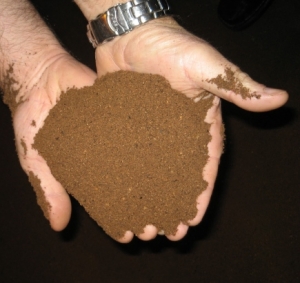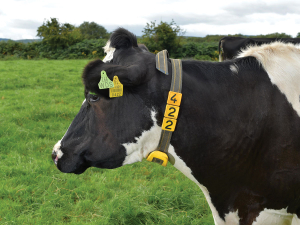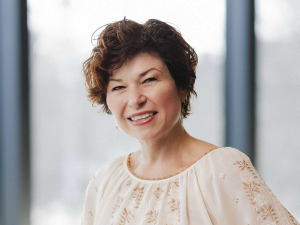Primary Industries Minister Nathan Guy says a new or increased levy is one option to increase the level of inspection in countries from where we import palm kernel expeller (PKE).
But he says there are no immediate major concerns after overseas inspections by Ministry for Primary Industries (MPI) officials.
Guy says officials have now visited and inspected a number of palm kernel manufacturing and storage facilities in Malaysia and Indonesia, and overall found good systems in place.
"I realise Palm Kernel Expeller (PKE) is an important source of supplementary feed for the dairy industry. However, after some concerns were raised by Federated Farmers I instructed officials to visit offshore facilities to review the safeguards in place," says Guy.
"The full reports will be released soon and have concluded that any biosecurity risk remains low.
"It's important to note that every shipment is heat treated to kill any traces of foot and mouth disease, and is also fumigated and inspected.
"However there are two areas of further improvement identified. Firstly, a small number of facilities need to improve their systems to keep birds and rodents out.
"MPI have reviewed import documentation and have not found any specific evidence that PKE has been imported from non-approved facilities. However MPI and Malaysian authorities will strengthen the legal requirements to provide additional assurance that PKE from unapproved facilities cannot be exported to New Zealand.
"A further option being considered is a new levy on PKE imports, or an increase to the existing biosecurity levy to increase the level of inspection in these countries. Any such proposal would have to be consulted on and have industry support.
"Overall we have a strong and robust system, but a levy may help provide further reassurance to industry if they see the need to fund this," says Guy.











